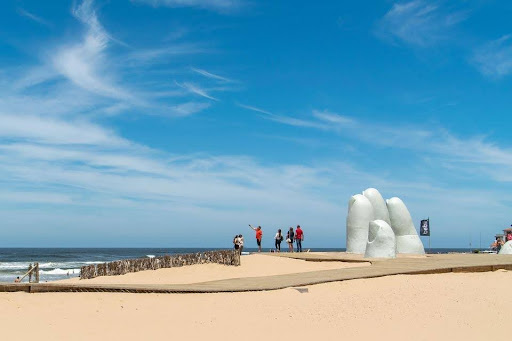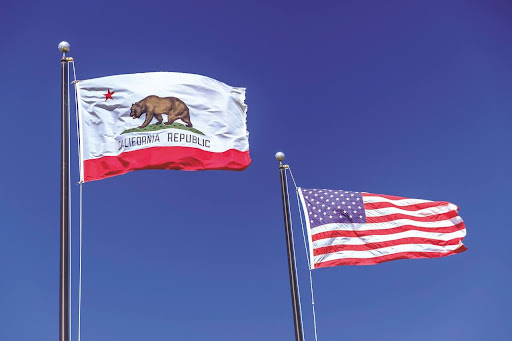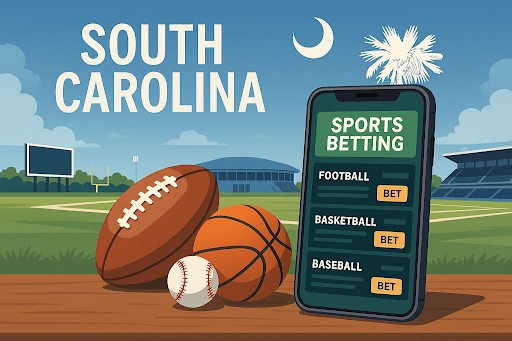The most expensive ballot-initiative fight in US history, costing $400 million+, pits rich Indigenous tribes against online gambling giants for a market that might be worth billions of dollars. This is the battle for legalized sports betting in California.
Sports Betting Ads in California
Currently, gambling in California is limited to horse races, tribal casinos, and the state lottery. For months, Californians have been bombarded with advertising, many of it making promises of huge payouts for players. Only a few of the advertisements produced by the group of gaming businesses reference online betting.
Instead, the advertisements focus on a plethora of advantages from additional income, like assisting the homeless, helping those with mental illnesses, and giving impoverished countries that haven’t benefited from casino gaming. There are two issues about sports betting on the ballot, which further muddies the matter.
Gambling in California: Supporters and Skeptics
Gavin Newsom, the Democratic governor of the state, is one of the opponents. Although he has not taken a stand on either plan, he has stated that Proposition 27 is not a homeless initiative in spite of what is said in the advertising.
Political scientist Jack Pitney of Claremont McKenna College claimed that in the past, promises of something for nothing have been used to promote state lotteries as an endless source of money for education. He said that it was political pushiness rather than a panacea.
The stakes are extremely high, and over $400m has already been raised – easily a national record for a ballot initiative fight and nearly twice the previous figure in California established in 2020.
According to longtime Democratic strategist Steven Maviglio, who was referring to possible future gains from expanding gambling in the state of roughly 40 million people, they are spending hundreds of millions because billions are on the line.
It can be quite beneficial for players and bettors as well. After legalization, players will be able to bet on a wide variety of sports and maybe even high RTP slots which, for instance, have been very popular in Michigan. The research by iGaming MI shows the abundance of excellent high RTP games that MI players can choose from.
Propositions 26 and 27 to Allow Sports Betting in Different Ways
The two plans would both make it possible to bet on sports but in remarkably different ways.
BetMGM, DraftKings, FanDuel, and other major national sports betting companies support Proposition 27. The plan would alter state law to let adult users of mobile devices to wager on sports online.
Multi-state operators would have to collaborate with a country that offers gambling, however, permitted nations might also participate on their own. The nations argue that in order to enter the arrangement, they would have to give up part of their independence. A levy would pay for regulatory expenses, with the majority of the remaining funds going to homeless programs and a portion going to countries that do not engage in online betting.
Proposition 26, a competing measure opposed by many countries, would let sports bets be placed in-person at retail establishments, including the four licensed horse racing facilities in the state and casinos run by Native American tribes. A part of a 10% tax would go toward initiatives to assist those who have gambling addictions as well as the enforcement of gaming regulations. Additionally, it may pave the door for dice and roulette games at tribal casinos.


























